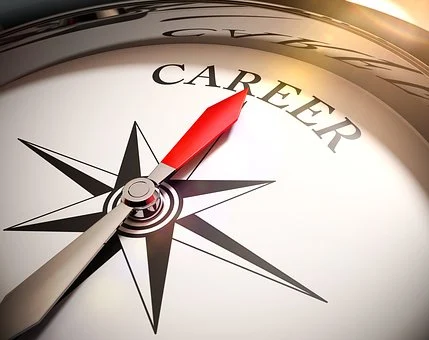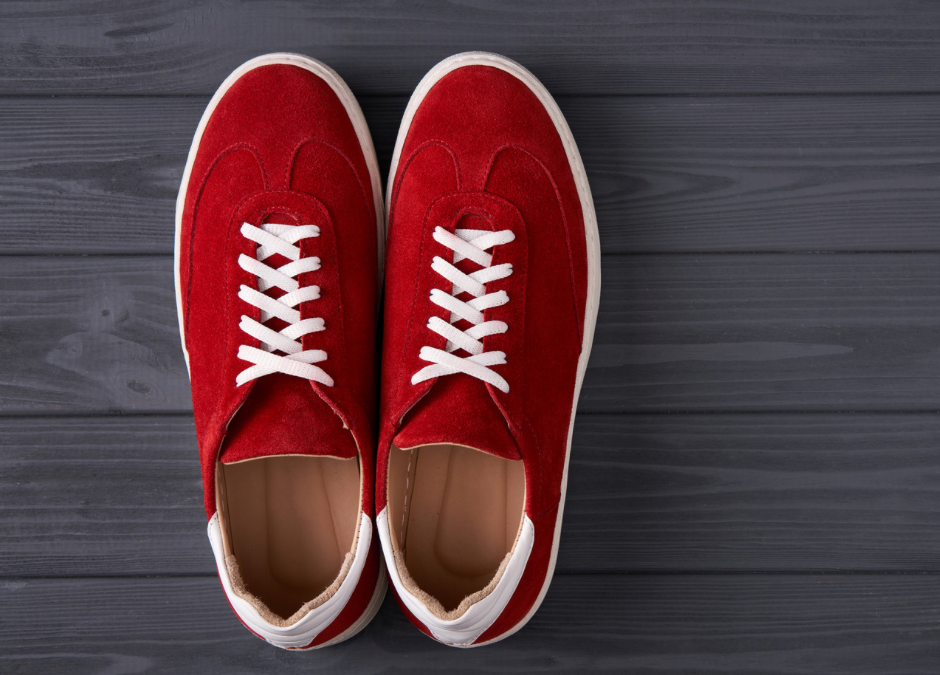
Balance Act: The Dual Impact of DEl Work on Black Professionals
January 1, 2025
Interview with Veer Shah, founder of the Commercial Café, and third-seat trainee at Travers Smith
January 10, 2025By Illka Jose.
Reading time: three minutes
As 2025 unfolds, many people feel the urge to reset and refocus their life goals, to improve their health and wellbeing. However, sometimes these resolutions can feel overwhelming and difficult to manage. RED January, a mental health movement, takes a different approach, and shows that small, consistent steps can lead to profound changes. This initiative proves that taking care of yourself does not require significant effort, it starts with small, manageable actions that build over time.
What is RED January?
RED January is a movement that promotes physical activity throughout January to improve mental health. The movement places a strong emphasis on mental health and the advantages of activity for the mind, in contrast to other fitness challenges that mainly address weight loss or aesthetic objectives. RED January isn’t about going to the gym every day or running marathons, it’s about adding movement to your schedule in ways that suit your lifestyle. This can include running 5km, walking or biking to work and walking short distances instead of jumping on the tube.
Hannah Beecham MBE, founder of RED January Foundation believes that January appears to be the ideal month for the project, offering a chance to start the year off on a good note. “Many of us are creating new goals at this time, but we are lacking in resources and drive, and there are fewer social occasions to keep us linked. In times of darkness, colour red can be inspiring, motivating participants to move daily and overcome the winter blues” she added.
Why small steps matter
The beauty of RED January lies in its simplicity. It does not demand perfection or an overwhelming commitment; instead, it asks for small, consistent actions. Whether it is a brisk 10-minute walk, a yoga session in your living room, or dancing to your favourite playlist, every bit of movement counts.
Types of movements:
- Walking;
- Stretching;
- Yoga;
- Pilates;
- Cycling;
- Dancing;
- Climbing stairs;
- Household chores; and
- Gardening.
Research supports the idea that small habits can create long-lasting changes. Studies show that even moderate physical activity can significantly reduce symptoms of anxiety and depression. When you start with manageable goals, you are more likely to stick with them, and over time, these small efforts compound into meaningful improvements in mental and physical health.
Find out more about self care strategies in this article: https://thestudentlawyer.com/2024/04/23/self-care-strategies-for-law-students/
For various people, the thought of starting a rigorous workout routine in January is daunting. RED January removes that pressure, making movement accessible to everyone, regardless of age, fitness level, or lifestyle. The focus is not on competition but on personal progress and well-being.
The link between movement and mental health
Dr Stephen Jones from the Royal College of Nursing holds the view that movement through exercise has been proven to reduce stress, anxiety, and depression, and it can improve mood, motivation, and self-esteem. Incorporating exercise into our daily routine can significantly improve our mental health and wellbeing.
Regular physical activity has been proven to release endorphins, which are natural mood elevators. It also reduces levels of cortisol, the stress hormone, and improves sleep quality, which is crucial for maintaining good mental health. Beyond these physiological benefits, movement creates a sense of accomplishment and helps establish a routine, both of which are vital for emotional stability.
To find out more about the benefits of moving your body, read this article: https://thestudentlawyer.com/2024/05/15/mental-health-awareness-week-2024-moving-with-awareness/
Beyond January
Although RED January is intended to be a month-long challenge, its ideas can be applied throughout the year. You may establish a lifestyle that puts your physical and emotional health first by concentrating on tiny, long-lasting habits. The movement is a reminder that showing up for yourself consistently, one step at a time, is all that is necessary to take care of yourself, not by making drastic changes.
Read this article to find out more about wellbeing : https://thestudentlawyer.com/2024/05/03/the-student-lawyer-wellbeing-tips/
So, lace up your trainers, take a deep breath, and start moving wherever you are, because even the smallest step can set the stage for a brighter future.





